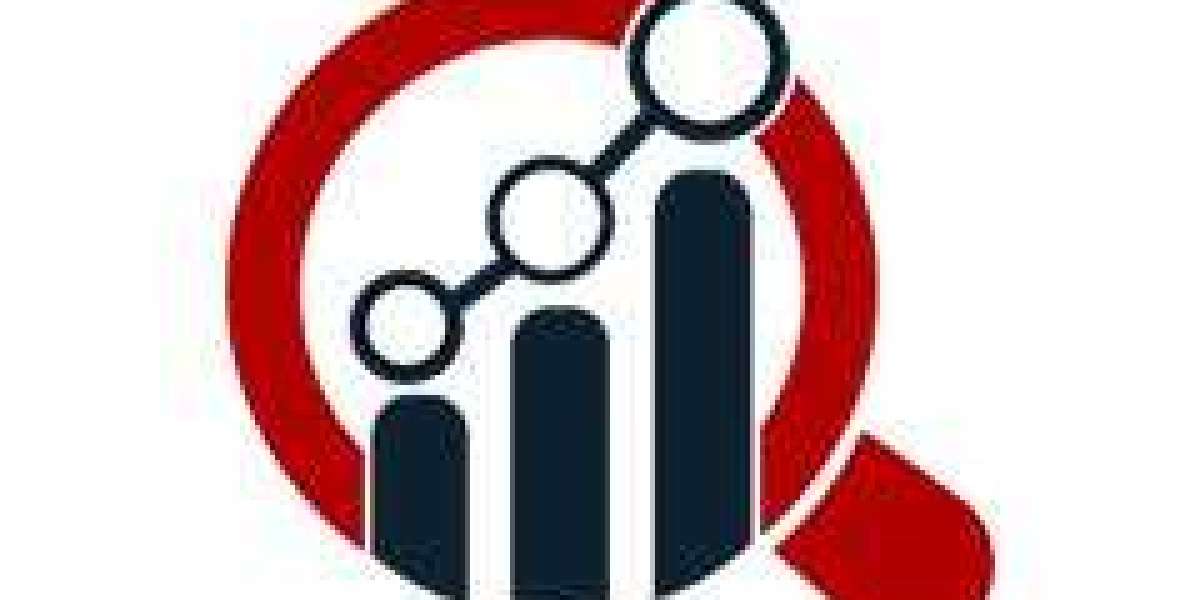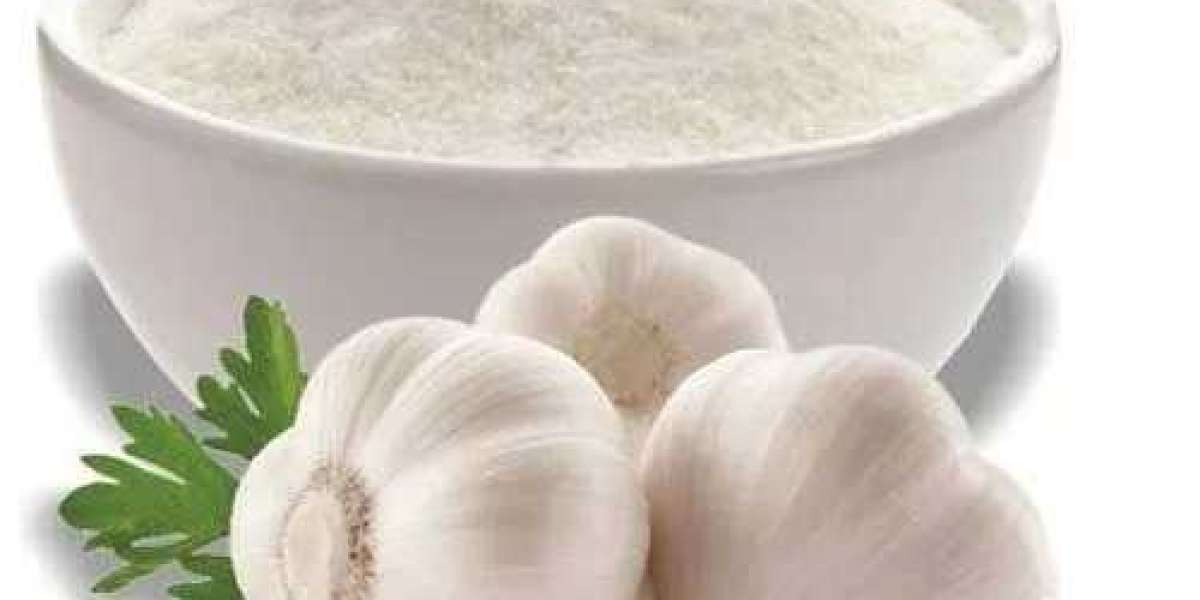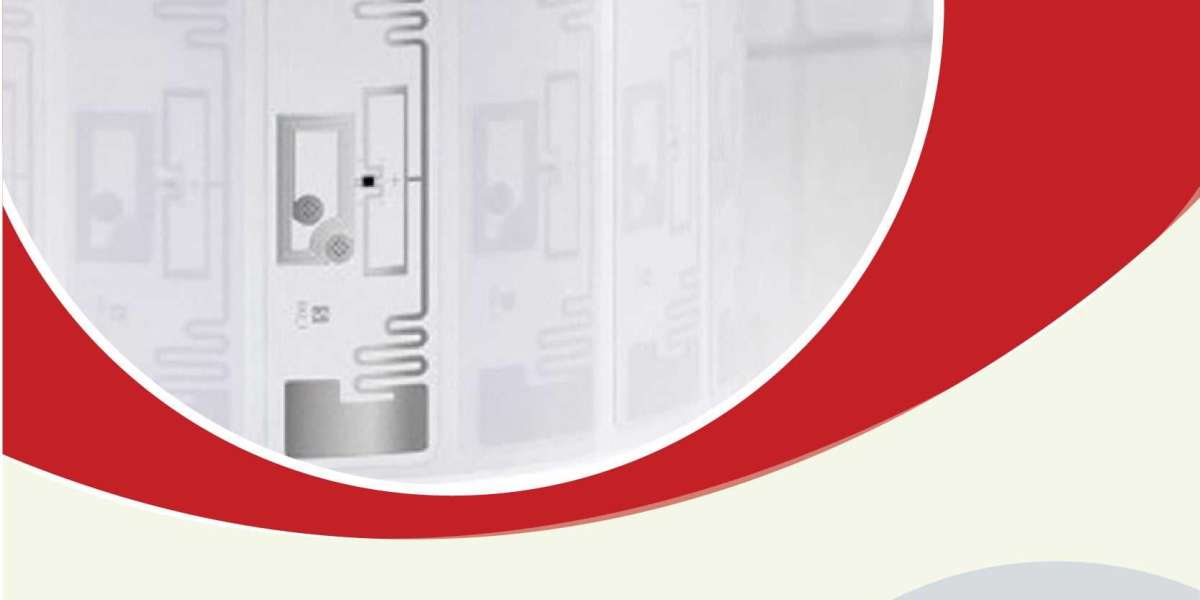The Automated Infusion Systems Market is experiencing significant growth, driven by advancements in healthcare technology and the increasing need for precise and efficient drug delivery systems. The Automated Infusion Systems Market Size is expanding rapidly as healthcare providers and hospitals adopt these systems to enhance patient care and streamline infusion processes. Automated infusion systems offer precise control over medication delivery, reducing the risk of errors and improving patient outcomes.
Market Analysis
Automated Infusion Systems Market Analysis reveals that the market is characterized by a diverse range of products and technologies. Automated infusion systems are categorized into several types, including syringe pumps, ambulatory infusion pumps, and elastomeric pumps. Each type offers unique advantages in various clinical settings, from hospitals and surgical centers to home care environments. The integration of smart technologies, such as wireless connectivity and real-time monitoring, is also enhancing the functionality and appeal of these systems. This analysis highlights the importance of innovation and technological advancements in driving the market's growth.
Top Leading Players
Key players in the Automated Infusion Systems Market include leading companies such as Terumo Corporation, Nipro Corporation, and Hospira, Inc., which are renowned for their innovative infusion technologies. Mindray Medical International Limited and Accelmed Limited also contribute significantly with their advanced solutions. ICU Medical, Inc. and Baxter are prominent for their comprehensive range of infusion pumps and systems, while Becton Dickinson and Company, along with Medtronic plc, offer cutting-edge technologies in this field. Braun Melsungen AG, Ivenix, and Smiths Medical provide additional expertise and advanced products, and Fresenius Kabi AG rounds out the market with its strong portfolio of infusion solutions, reflecting the diversity and competitive nature of the industry.
Market Shares
Automated Infusion Systems Market Share is held by several key players who dominate the market with their advanced solutions and extensive product portfolios. Companies such as Baxter International, B. Braun Melsungen AG, and Hospira (a Pfizer company) are leading the market with their comprehensive range of infusion pumps and associated technologies. Additionally, Medtronic, Smiths Medical, and Fresenius Kabi are significant contributors to the market share, offering cutting-edge products designed to meet the growing demands of healthcare providers. The competitive landscape is marked by continuous innovation and strategic partnerships, which are crucial for maintaining a strong market position.
Market Trends
Automated Infusion Systems Market Trends indicate a shift towards more sophisticated and user-friendly devices. Recent developments in infusion technology include the integration of artificial intelligence and machine learning, which enhance the accuracy and efficiency of drug delivery. There is also a growing focus on patient safety and comfort, leading to the development of systems that minimize discomfort and improve overall treatment experience. Additionally, the trend towards home healthcare is driving demand for portable and easy-to-use infusion systems that patients can manage independently.
The Automated Infusion Systems Market is segmented by product type, application, end user, degree of automation, and region. Product types include syringe pumps, ambulatory infusion pumps, and elastomeric pumps, each designed for specific medical needs and settings. Applications span a range of clinical uses, from hospital settings and surgical procedures to home care environments, focusing on delivering precise medication and fluid therapy. End users encompass hospitals, surgical centers, outpatient clinics, and home healthcare providers, each requiring tailored infusion solutions to meet their operational and patient care needs. The degree of automation varies from basic programmable pumps to highly sophisticated systems with real-time monitoring and data integration capabilities. Regionally, the market is diverse, with North America leading due to advanced healthcare infrastructure, followed by Europe with its emphasis on patient safety and efficiency. The Asia-Pacific region shows rapid growth driven by increasing healthcare investments, while Latin America and the Middle East are emerging markets with growing adoption of automated infusion systems.
Regional Analysis
The market is segmented by region, with significant variations in growth and adoption across different areas. In North America, the Automated Infusion Systems Market is driven by high healthcare expenditure, advanced medical infrastructure, and a strong emphasis on patient safety. Europe follows closely, with increasing adoption of automated infusion systems in hospitals and outpatient settings. The Asia-Pacific region is experiencing rapid growth due to rising healthcare investments, a growing patient population, and advancements in medical technology. Emerging markets in Latin America and the Middle East are also witnessing increased adoption of automated infusion systems as healthcare systems evolve and expand.
Recent development
Recent developments in the Automated Infusion Systems Market include the introduction of next-generation infusion pumps with enhanced features such as connectivity with electronic health records (EHRs) and integration with clinical decision support systems. These advancements aim to improve workflow efficiency, reduce manual errors, and provide real-time data for better clinical decision-making. Additionally, companies are focusing on expanding their product offerings and entering new markets to capitalize on the growing demand for advanced infusion solutions.
Related Report
Anaesthesia Workstation Market
Assistive Walking Device Market



